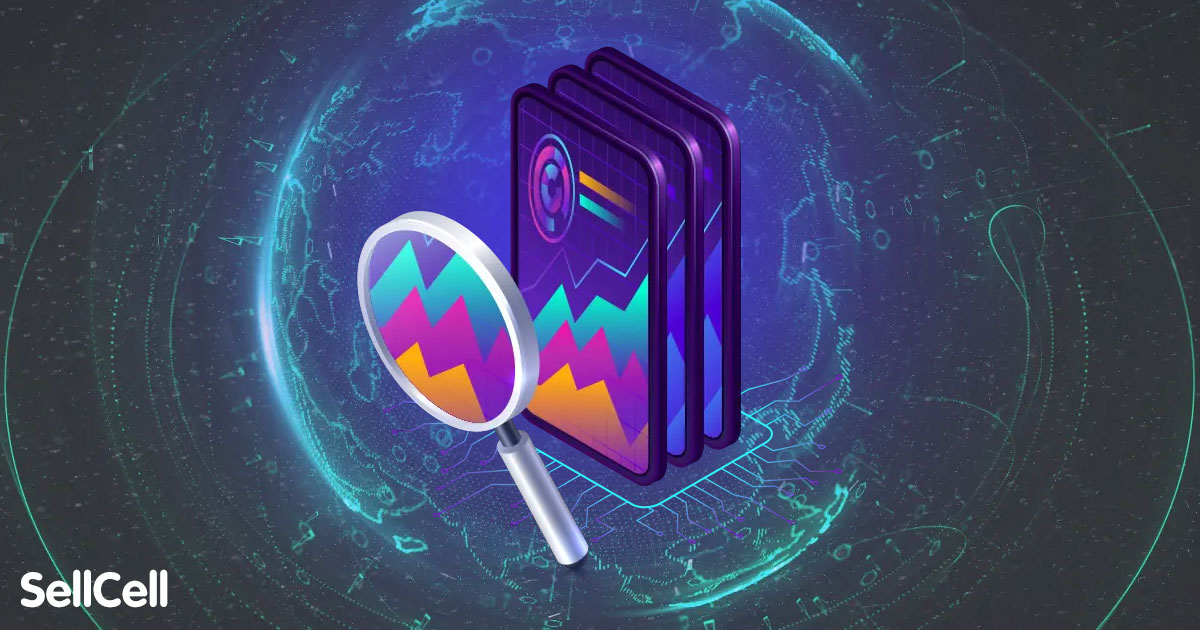ev9_tarantula
Ars Praefectus
Rumors suggest Apple is developing custom silicon for AI servers. Given their scale and their cozy relationship with TSMC, I guess they'd be crazy not to cut out the middleman (NVIDIA) here.
It's not much of a suprise. Amazon, Meta, Microsoft, Tesla, and Google* already have their own in-house designed AI accelerators. The cost^ of training hardware is so enormous that even if you actually get on with Nvidia it may well still be worth designing your own chips. In fact the costs are so high that if you aren't designing chips you probably aren't capable of being at the leading edge of AI training/inference as you would potentially be wasting huge amounts of capital using off-the-shelf hardware.
Google for example added SparseCores (custom dataflow driven processors closely coupled to the memory controllers) to their TPUs to dramatically speed up their recommendation models. That kind of customisation can deliver large speed-ups over more generic AI hardware, if you operate at the scale that makes it worthwhile.
You might ask: why buy Nvidia GPUs if custom hardware is potentially a lot better? Because external customers want Nvidia GPUs and CUDA, they don't have the luxury of designing hardware for their own problem, they want the "cheapest" standard AI hardware.
* Google is on their 6th/7th generation of TPU now, and it's not just the TPUs, they are also building custom networking hardware and optical switches as well in order to scale-up.
^ ~$10 billion worth of H100 and other Nvidia GPUs for Meta. Microsoft and OpenAI are looking at a $100 billion investment for their Stargate AI supercomputer.



